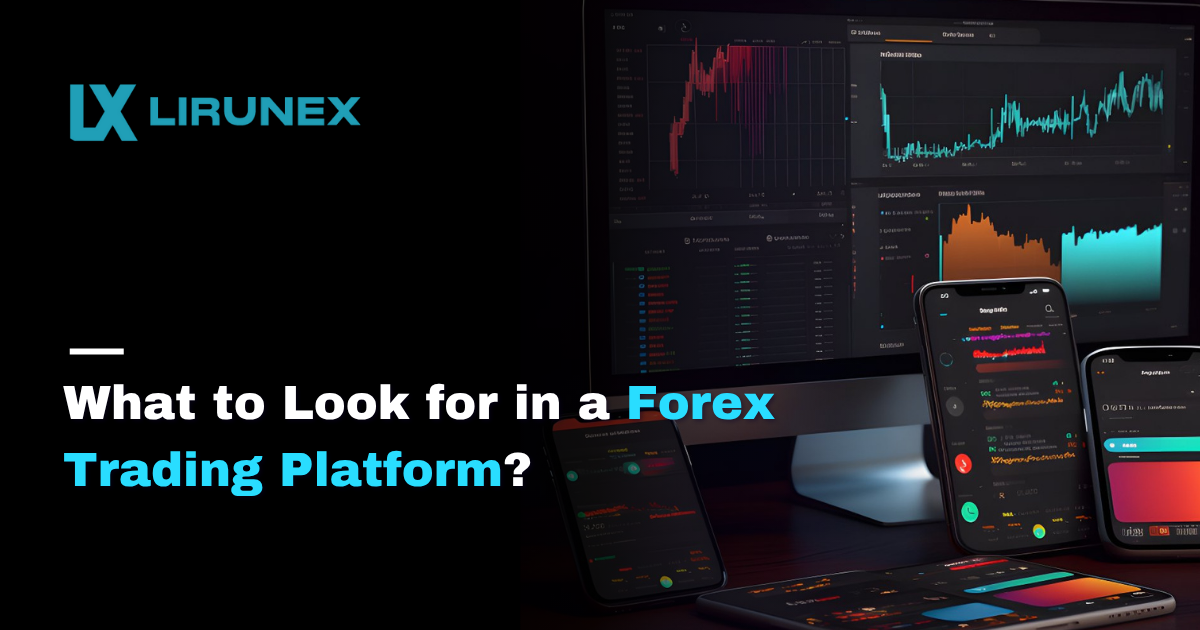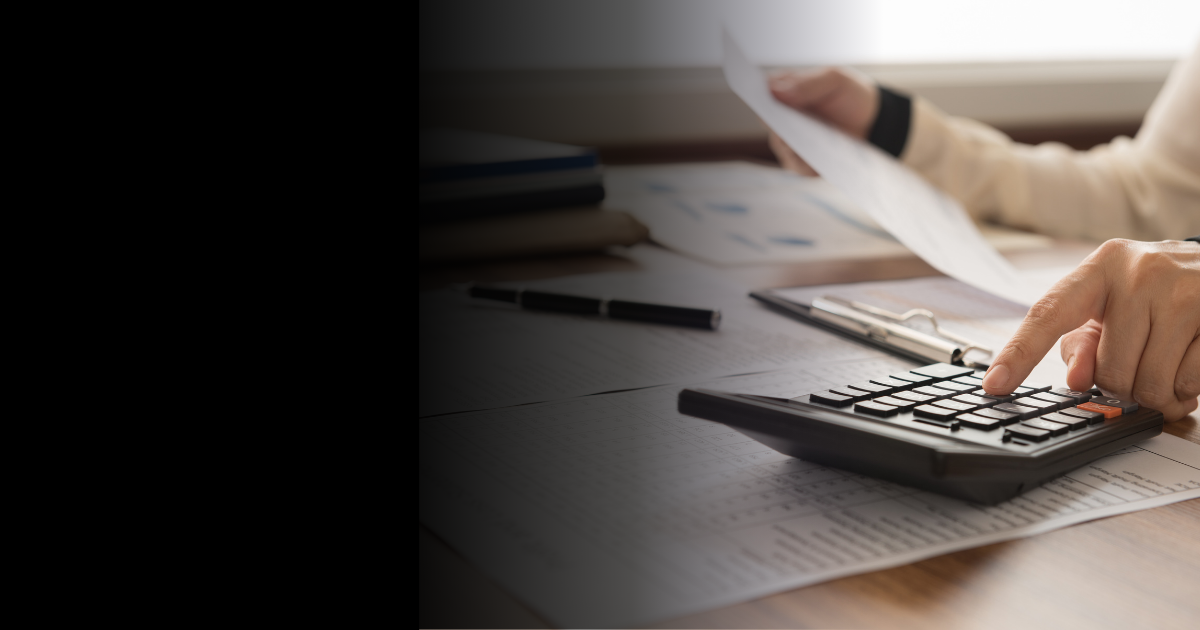
Forex trading is becoming increasingly popular, and many people are interested in learning how to trade in the forex market. However, one of the most common questions asked by beginners is, “How long does it take to learn forex trading?” The answer to this question depends on several factors, including the individual’s background, dedication, and commitment to learning.
Before delving into how long it takes to learn forex trading, it is essential to understand what forex trading is. Forex trading, also known as foreign exchange trading, involves buying and selling currencies. The forex market is the largest and most liquid market globally, with over $5 trillion traded daily. Forex traders aim to profit from the fluctuations in currency exchange rates, which are influenced by economic and political events globally.
Now let’s get back to the question, “How long does it take to learn forex trading?” The answer is variable and depends on the individual’s willingness to learn and effort put into learning. However, most forex traders agree that it takes at least six months to a year to become proficient in forex trading. Some traders may take longer, while others may learn faster.
1. The Learning Journey in Forex Trading
The first step in learning forex trading is to understand the basics. It would be best to learn about currency pairs, how the forex market works, and the different types of forex trading strategies. This knowledge can be gained through books, online courses, or attending forex trading workshops or seminars. It is essential to learn from reputable sources and avoid scams.
1.1 Understanding Currency Pairs
Currency pairs are the foundation of forex trading. In forex, currencies are quoted in pairs, such as EUR/USD, GBP/JPY, or USD/JPY. The first currency in the pair is called the base currency, and the second currency is the quote currency. Understanding how currency pairs work and how their values are determined is crucial for any aspiring forex trader.
1.2 Learning How the Forex Market Works
The forex market operates 24 hours a day, five days a week, and it is decentralized, meaning there is no central exchange. Instead, it consists of a network of banks, financial institutions, and retail traders who trade currencies electronically. Understanding how orders are executed, market participants, and the factors that influence currency exchange rates is vital.
1.3 Exploring Forex Trading Strategies
There are various trading strategies in forex, including day trading, swing trading, scalping, and position trading. Each strategy has its own set of rules and risk tolerance levels. As a beginner, it is essential to explore these strategies and choose the one that suits your trading style and personality.
The next step is to practice trading. Most forex brokers offer demo accounts that allow traders to practice trading without risking real money. A demo account provides an excellent opportunity to test different forex trading strategies and learn how to use trading software and tools. It is recommended to spend at least three months practicing on a demo account before moving to a live account.
1.4 Practicing on a Demo Account
A demo account replicates the real trading environment but with virtual funds. This allows beginners to gain experience, build confidence, and refine their trading strategies without risking their hard-earned money. During the demo trading period, traders should focus on understanding order types, risk management, and market analysis.
1.5 Transitioning to a Live Account
After gaining enough knowledge and experience, it is time to open a live account and start trading with real money. However, it is crucial to start with a small amount of money and gradually increase the trading capital as the trader becomes more confident and profitable. It is also essential to have a trading plan, stick to it, and manage risks effectively.
1.6 Risk Management and Trading Plan
Successful forex trading involves not only making profitable trades but also managing losses. Developing a robust risk management strategy and a trading plan is essential. A trading plan outlines your trading goals, strategies, risk tolerance, and entry and exit points. It helps you stay disciplined and avoid impulsive decisions.
In addition to learning the basics and practicing trading, it is also essential to keep learning and staying updated on the latest news and trends in the forex market. Forex trading is a dynamic and ever-changing market, and traders need to stay informed and adapt to new market conditions.
2. Continuous Learning in Forex Trading
2.1 Staying Informed with News and Analysis
Keeping an eye on economic calendars, central bank announcements, geopolitical events, and economic indicators is crucial for forex traders. These factors can significantly impact currency exchange rates, and staying informed can help traders make informed decisions.
2.2 Technical and Fundamental Analysis
Technical analysis involves studying price charts and using indicators and patterns to predict future price movements. Fundamental analysis, on the other hand, focuses on economic and political factors that can affect currency values. Both approaches are essential for comprehensive market analysis.
2.3 Risk Management and Psychology
Emotional control and discipline play a significant role in forex trading. Traders need to manage their emotions, avoid overtrading, and stick to their trading plans. Additionally, implementing proper risk management techniques, such as setting stop-loss orders and position sizing, is critical to protect capital.
3. Educational Resources and Support
To support the learning process, many forex trading educational resources and support systems are available to aspiring forex traders. These resources can help expedite the learning curve and provide guidance throughout the journey.
3.1 Forex Education Courses
Numerous online courses and educational platforms offer comprehensive forex trading courses. These courses cover various topics, from beginner to advanced levels, and often include video tutorials, quizzes, and interactive content.
3.2 Forex Trading Mentoring
Mentoring programs provide one-on-one guidance from experienced traders. This personalized approach can help beginners avoid common pitfalls and receive tailored advice to improve their trading skills.
3.3 Trading Communities
Joining online forex trading communities, forums, and social media groups can provide valuable insights, trade ideas, and a sense of community. Interacting with other traders can be an excellent way to learn from their experiences and share your own.
In general, learning forex trading takes time, effort, and commitment. It is not a get-rich-quick scheme, and traders should not expect to become profitable overnight. It takes at least six months to a year to become proficient in forex trading, but this timeline can vary depending on the individual’s background, dedication, and commitment to learning. Traders should start by learning the basics, practicing on a demo account, and gradually moving to a live account. They should also keep learning and staying updated on the latest news and trends in the forex market. With patience, discipline, and hard work, anyone can learn forex trading and become a successful forex trader.
4. A Word from Lirunex – A Leading Forex Trading Platform
Lirunex, as a leading forex trading platform, understands the challenges faced by forex beginners. We are dedicated to providing forex trading mentoring and online forex learning courses to expedite the learning curves for aspiring traders. Our commitment to education and support ensures that traders have the resources they need to succeed in the dynamic world of forex trading.
In summary, the journey to becoming a proficient forex trader involves understanding the basics, practicing on a demo account, transitioning to a live account with proper risk management, and continuous learning. With the right mindset, dedication, and access to educational resources, individuals can embark on a rewarding journey in the world of forex trading and work towards achieving their financial goals.







